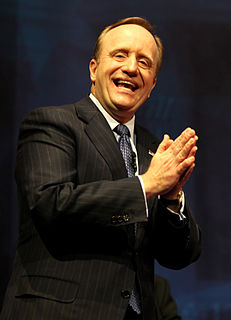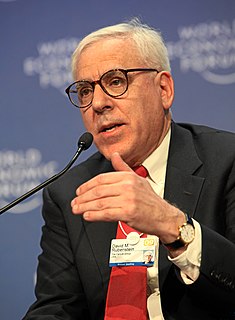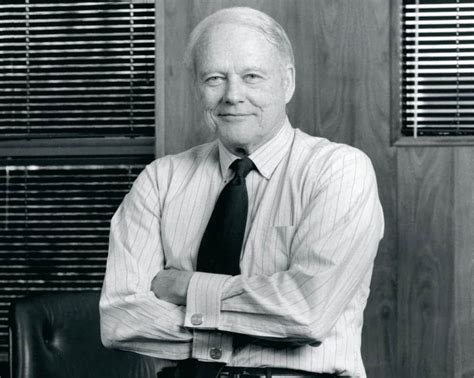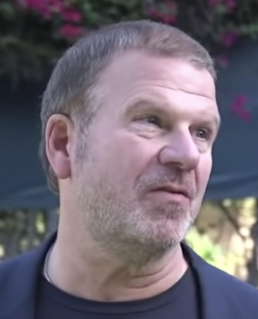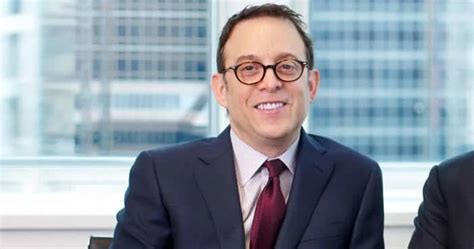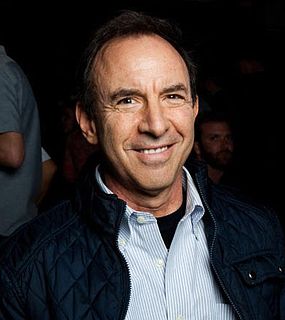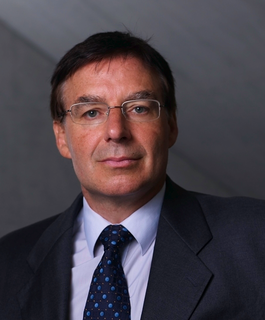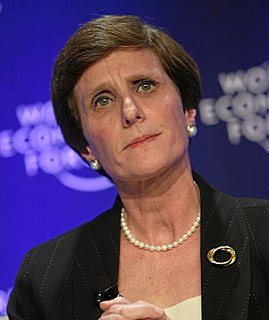Top 892 Investors Quotes & Sayings - Page 11
Explore popular Investors quotes.
Last updated on December 11, 2024.
One of the best predictors of policy around is Thomas Ferguson's investment theory of politics, as he calls it - very outstanding political economist - which essentially - I mean, to say it in a sentence, he describes elections as occasions in which groups of investors coalesce and invest to control the state.
But what we're determined to do, and what the reforms will do is to make sure this system goes back to its core purpose of taking the savings of Americans and from investors around the world and allocating those to people with an idea, not just the largest companies in the country, but to small businesses with an idea and a plan for growing.
No matter how many rich people call New York their home, we don't really have enough capital here to build and maintain the infrastructure that a population needs to live. We don't have the federal money, and for-profit investors are just not interested in anything other than making the biggest profit they can.
But whatever the consensus on the EMH, I know of no serious academic, professional money manager, trained security analyst, or intelligent individual investor who would disagree with the thrust of EMH: The stock market itself is a demanding taskmaster. It sets a high hurdle that few investors can leap.
In India, I personally believe yes, there is a clear fear of unknown; there's a lot of risk aversions in science and technology. They want predictability in everything they do, and it starts from people. It starts from investors. It starts from the regulators. You see that mindset across the society.
Perhaps storytellers don't need to care as much about the future as executives and investors do. After all, isn't it possible that technology will enable storytellers to connect directly to their audience without the need for anyone to share the programming decisions or the profit in between? Don't bet on it.





